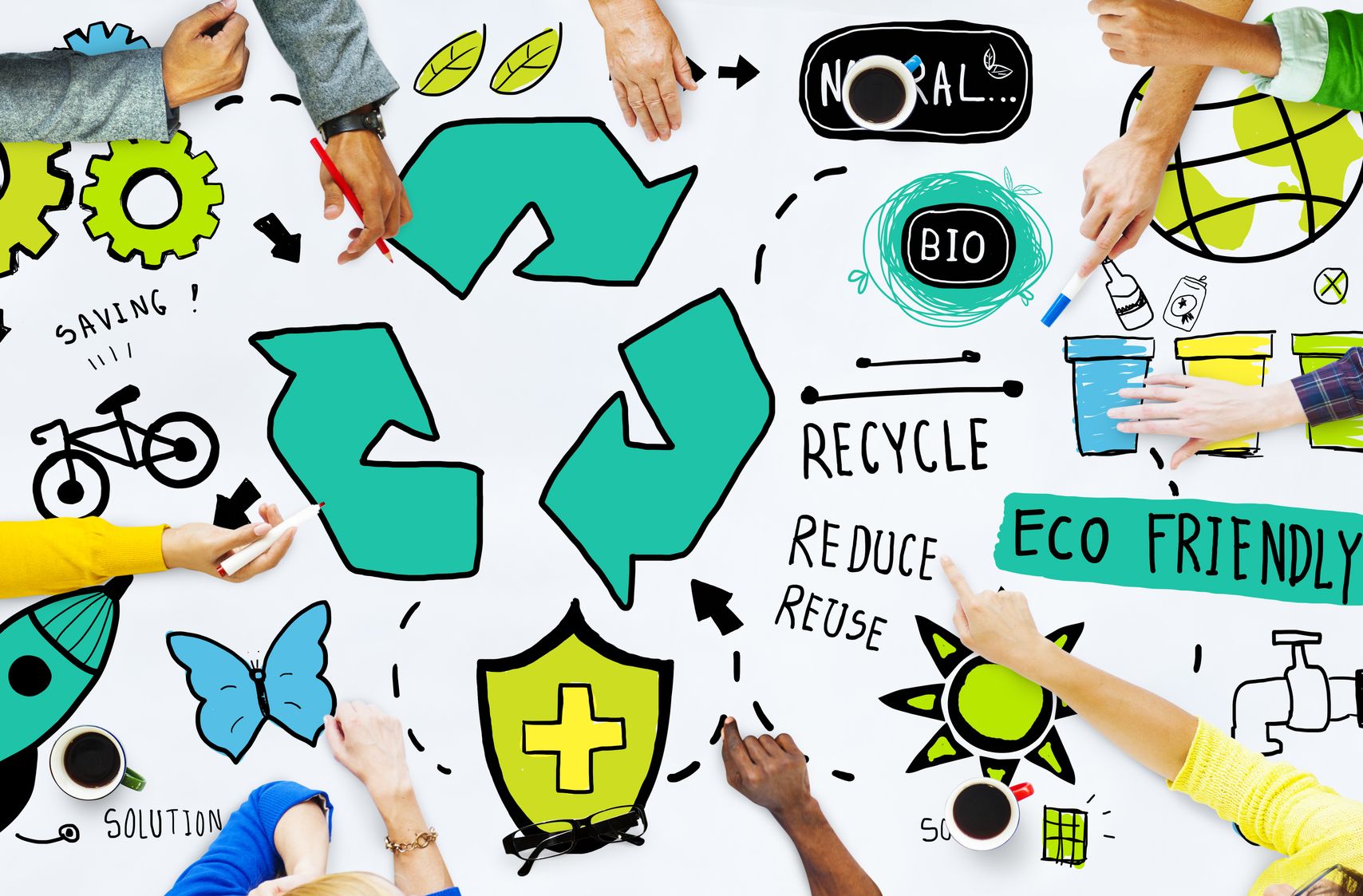What Is Eco-Friendly Lifestyle
An eco-friendly lifestyle, also known as sustainable living, refers to a way of life that aims to minimize harm to the environment and promote the well-being of the planet and its resources. It involves making conscious choices and adopting practices that reduce one’s ecological footprint and preserve natural resources for future generations.
- Conscious Consumption: Practicing mindful consumption by buying only what is necessary, considering the environmental impact of products, and choosing sustainable and ethically produced goods.
- Waste Reduction: Minimizing waste generation by reducing, reusing, and recycling materials. This includes avoiding single-use items, composting organic waste, and properly disposing of hazardous materials.
- Energy Efficiency: Conserving energy by using energy-efficient appliances, turning off lights and electronics when not in use, and maximizing natural light and ventilation in homes.
- Water Conservation: Conserving water by fixing leaks, using water-saving devices, taking shorter showers, and being mindful of water usage in daily activities.
- Renewable Energy: Utilizing renewable energy sources like solar, wind, or hydroelectric power to reduce reliance on fossil fuels and decrease carbon emissions.
- Sustainable Transportation: Opting for greener transportation alternatives such as walking, biking, using public transit, carpooling, or driving electric vehicles to reduce carbon emissions from transportation.
- Organic and Local Food: Choosing organic, locally sourced, and seasonal food options to support sustainable agriculture, reduce pesticide use, and minimize the carbon footprint associated with long-distance food transportation.
- Eco-Friendly Home: Designing or modifying living spaces to be energy-efficient, incorporating sustainable materials, using eco-friendly cleaning products, and reducing water consumption.
- Environmental Advocacy: Promoting sustainability and environmental conservation by educating others, supporting eco-friendly initiatives, and advocating for policies that protect the environment.
- Connecting with Nature: Spending time in nature, appreciating its beauty, and developing a deeper connection to the natural world to foster a sense of responsibility and care for the environment.
Tips for reducing waste and living a more eco-friendly lifestyle.
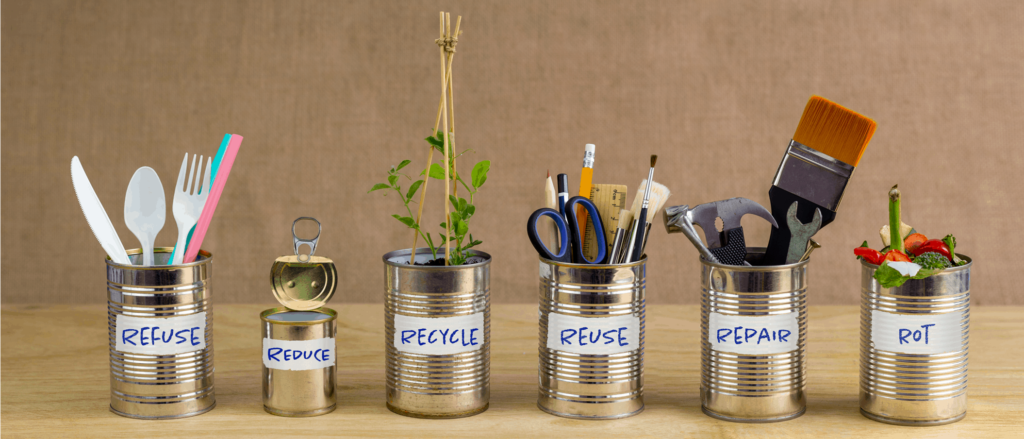
Living a more eco-friendly lifestyle and reducing waste is a crucial step towards creating a sustainable future. Here are some tips to help you get started:
Practice the 3 R's: Reduce, Reuse, Recycle:
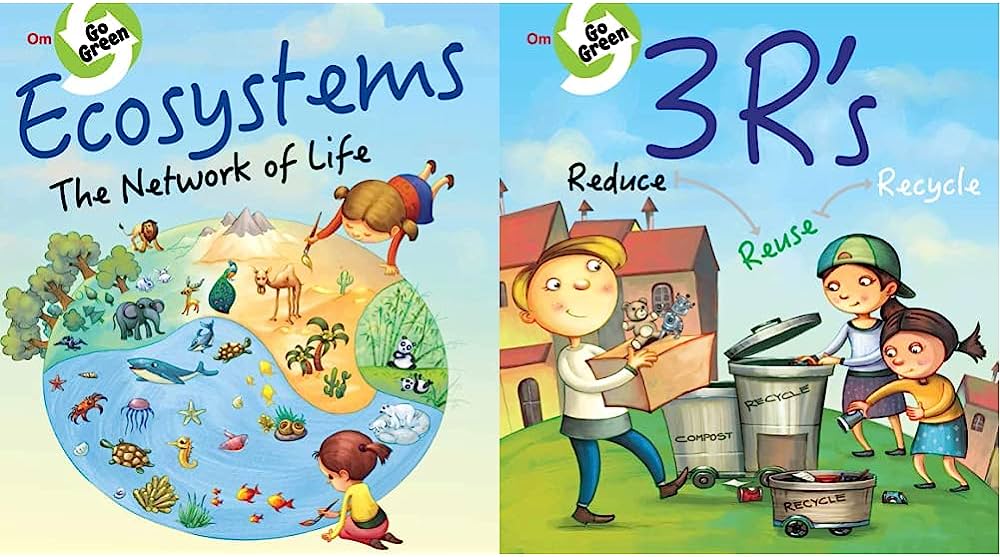
- Reduce your consumption by buying only what you need. Avoid impulse purchases and opt for durable, long-lasting products.
- Reuse items as much as possible. Use reusable shopping bags, water bottles, coffee cups, and containers instead of single-use ones.
- Recycle materials such as paper, plastic, glass, and metal. Check your local recycling guidelines to ensure proper sorting.
Minimize single-use items:
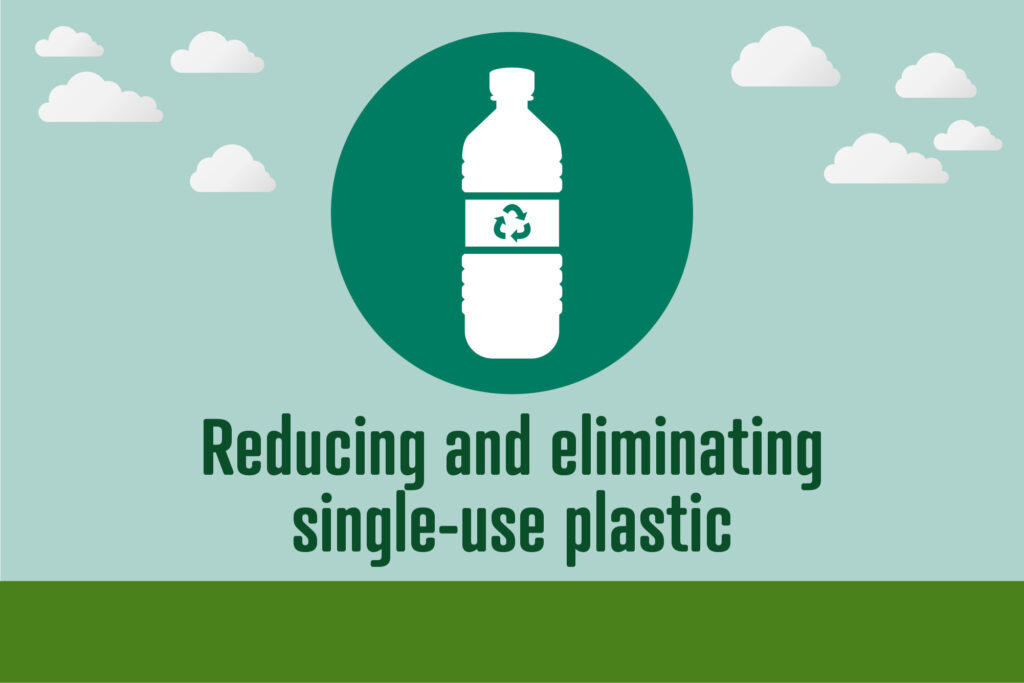
- Say no to plastic straws, disposable cutlery, and plastic bags. Carry reusable alternatives with you.
- Use cloth napkins instead of paper napkins, and opt for reusable food storage bags instead of disposable plastic ones.
Compost organic waste:

Set up a compost bin in your backyard or use a composting service if available in your area. Composting reduces the amount of waste sent to landfills and produces nutrient-rich soil.
Choose sustainable packaging:
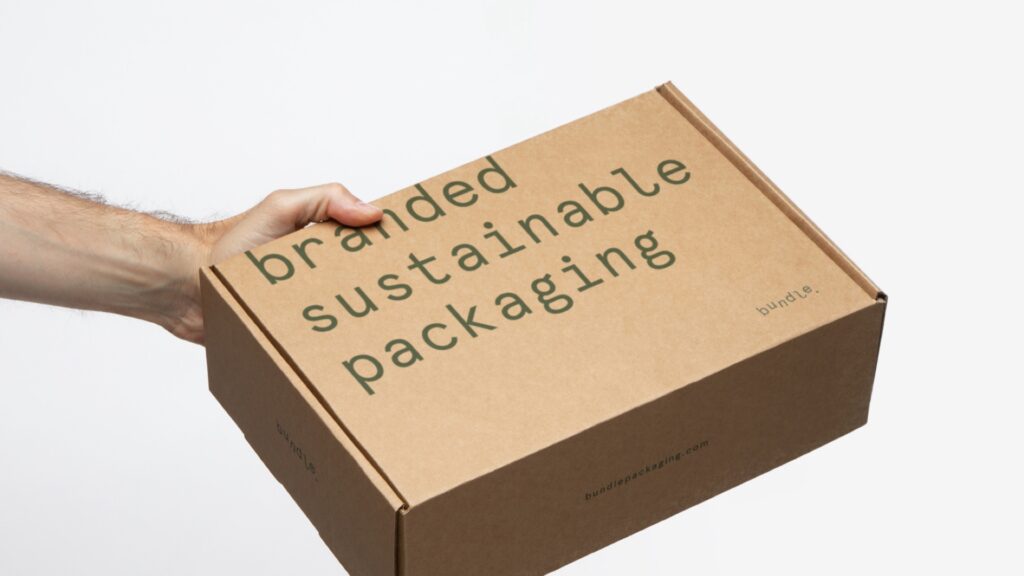
- Look for products with minimal or eco-friendly packaging. Avoid excess packaging, especially single-use plastics.
- Buy in bulk when possible to reduce packaging waste.
Opt for renewable energy:
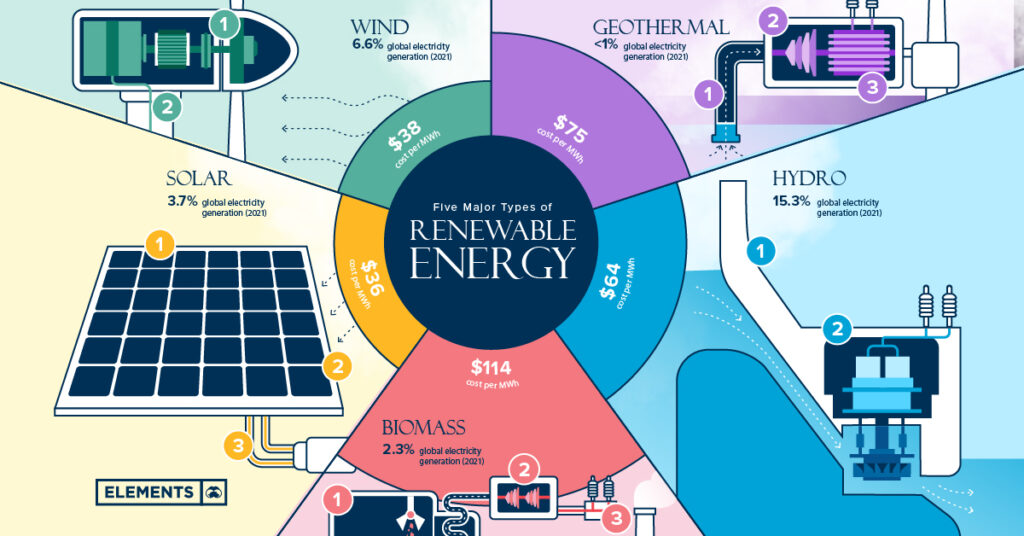
Use renewable energy sources such as solar or wind power to reduce your carbon footprint. Consider installing solar panels or supporting renewable energy providers..
Save energy and water:

- Turn off lights, unplug electronics, and use energy-efficient appliances to conserve electricity.
- Fix leaky faucets and install water-saving devices like low-flow showerheads and dual-flush toilets to reduce water consumption.
Embrace sustainable transportation:
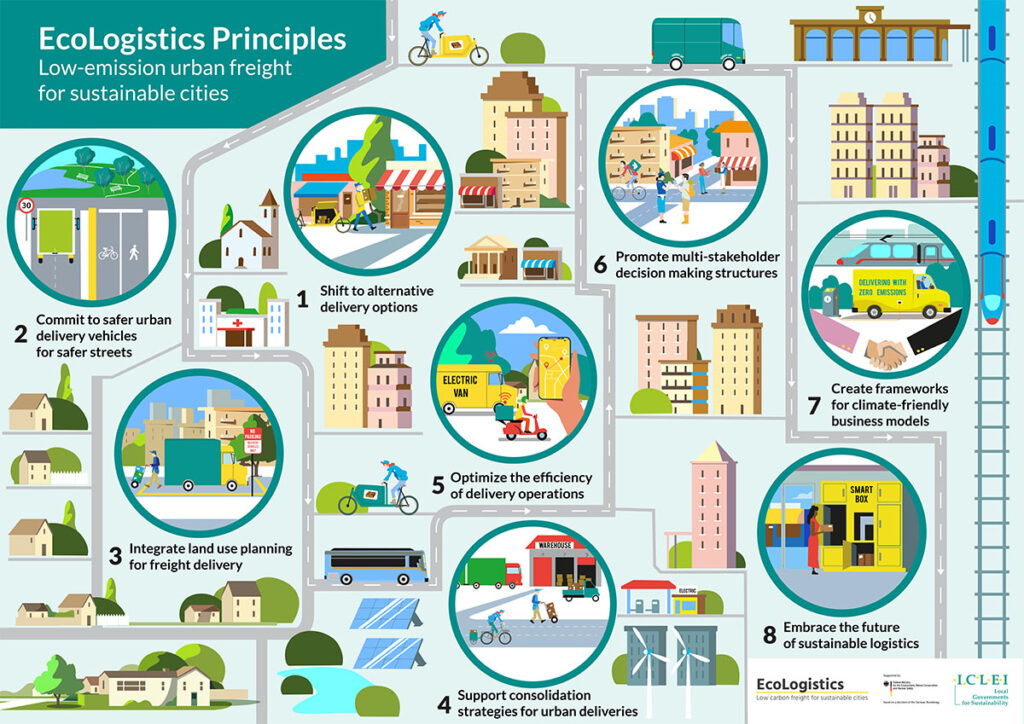
Walk, bike, or use public transportation whenever possible. If you need a car, consider carpooling, car-sharing, or using electric vehicles.
Choose sustainable and ethical products:
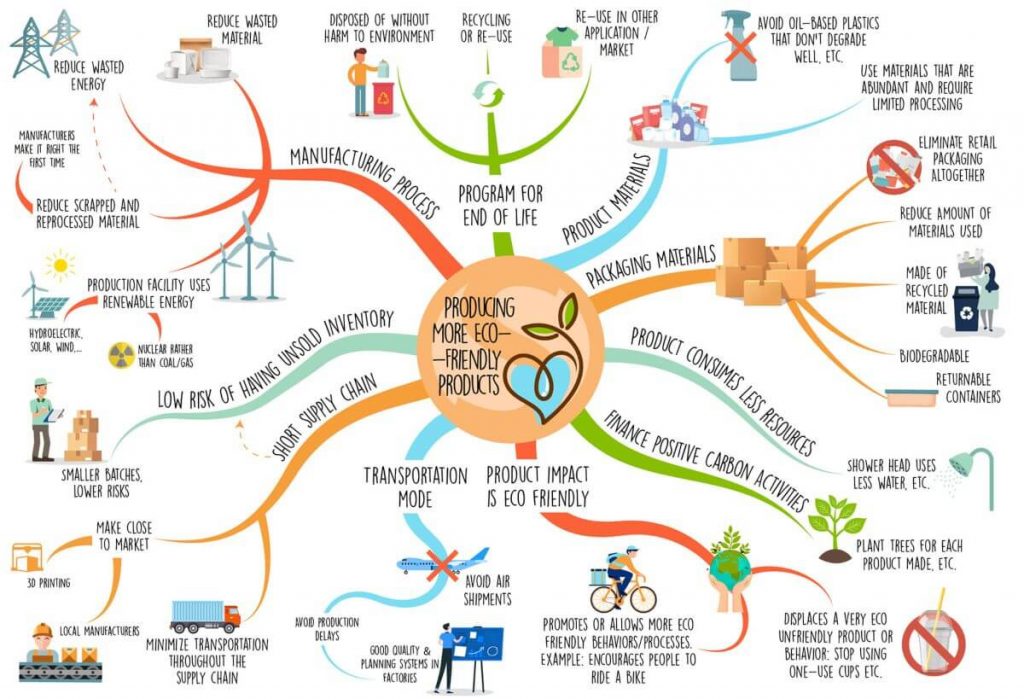
- Look for eco-friendly and organic options for household products, clothing, and personal care items.
- Support companies that prioritize ethical sourcing, fair trade, and environmentally friendly practices.
Educate and advocate:

- Share your knowledge and experiences with others to raise awareness about sustainable living.
- Support and engage in local environmental initiatives and advocate for policies that promote sustainability.
Remember, adopting an eco-friendly products lifestyle is a journey. Start small, make gradual changes, and encourage others to join you. Every little action counts towards making a positive impact on the environment










